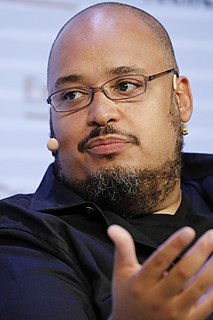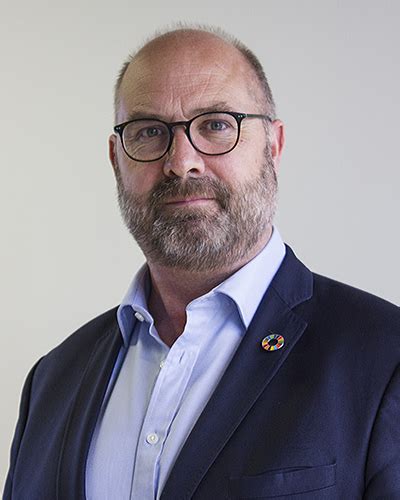A Quote by Patrick Collison
I actually made a website called Y2 Combinator, which was the Y Combinator that starts Y Combinator clones. There's a very clear difference in the quality between the companies that come from YC and the companies that don't.
Related Quotes
In 2007, there weren't any other accelerators, at least that I was aware of. We were almost the prototypical Y Combinator founders: We were highly technical but had never done a startup before. We also didn't know anyone in the Valley - investors, other entrepreneurs, potential hires. YC seemed like a great way to bootstrap that network.

























